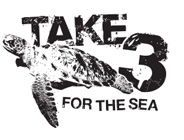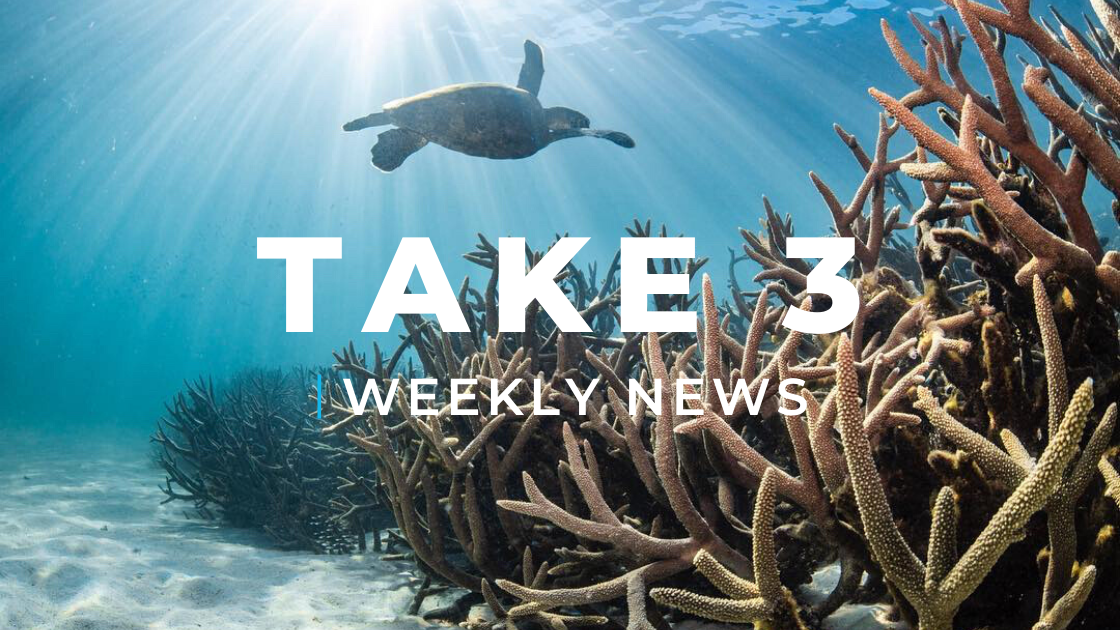1.RSPCA issues face mask warning for wildlife
The RSPCA is urging people to properly dispose of their face masks as the new normal threatens wildlife.
The warning came after an ibis was found entangled in the straps of a disposable mask in Brisbane.
With masks now a part of day-to-day life, more people have been using and disposing of personal protective equipment (PPE) face masks.
The RSPCA said throwing the masks away is not enough and they are asking people to cut the elastic straps that hold the masks in place.
Senior rescue unit officer Jo Jordaan said she responded to a report over the weekend, but she was unable to locate the bird.
“I was called out to an ibis at the art gallery at South Brisbane and it had ended up with the mask around its feet,” she said in a story which features on the ABC News website.
“It must have just walked through the mask and unfortunately it’s tangled around itself and hasn’t been able to free itself.”
The RSPCA said the issue is widespread in the United Kingdom, and they are worried more animals will become entangled in Australia.
“Sadly one is too many, but we’ve been getting increasing calls as of late,” Ms Jordaan said.
“Just like other parts of the world it is very disturbing that our wildlife is starting to be impacted by these surgical masks.”

2.The United Nations has announced a Decade of Ocean Science for Sustainable Development (2021-2030)
The UN has launched a new initiative to support efforts to reverse the cycle of decline in ocean health and gather ocean stakeholders worldwide behind a common framework.
The aim is to ensure ocean science can fully support countries in creating improved conditions for sustainable development of the ocean.
The ocean is the largest component of the earth’s system that stabilises climate and supports life on earth and human well-being. However, the First World Ocean Assessment released in 2016 found that much of the ocean is now seriously degraded, with changes and losses in the structure, function and benefits from marine systems.
In addition, the impact of multiple stressors on the ocean is projected to increase as the human population grows towards the expected 9 billion mark by 2050.
Adaptation strategies and science-informed policy responses to global change are urgently needed and scientific understanding of the ocean’s responses to pressures and management action is fundamental for sustainable development.
Ocean observations and research are also essential to predict the consequences of change, design mitigation and guide adaptation. To discover the latest news about the UN Decade For Ocean Sciences (2021-2030), sign up as a #OceanDecade Partner, or explore the events and resources at www.oceandecade.org

3.Australians urged to stop buying flake to protect endangered sharks
Australian consumers will be encouraged not to purchase flake when they shop for seafood and to instead try sustainable alternatives in a new campaign that aims to put a spotlight on laws that permit the harvest of endangered sharks.
The Australian Marine Conservation Society (AMCS) is asking consumers to “give flake a break” because there is no legal obligation in Australia for retailers to label flake – a common term used for shark meat – by its species or where it’s from.
Guardian Australia reported last year that a loophole in Australia’s national environmental laws allows for the continued commercial harvest of endangered sharks such as the school shark or hammerhead, meaning their meat can be routinely sold in shops, restaurants or exported overseas.
Leonardo Guida, a shark scientist with the AMCS, said the organisation was launching its campaign to try to make consumers more aware of the need for shark conservation.
He said sustainable alternatives to flake included King George whiting, farmed barramundi, mullet, wild caught Australian salmon and luderick.
Research by the AMCS found there was an average $2 difference between these options and the cost of flake. In some cases the sustainable alternatives were cheaper.
“Australia legally permits the harvest of endangered sharks, which can end up on people’s plates and they wouldn’t even know it because it’s often called flake,” Guida said.
“There’s no legal requirement to call a shark for what it is.”
To read more on the story visit Guardian Australia.




